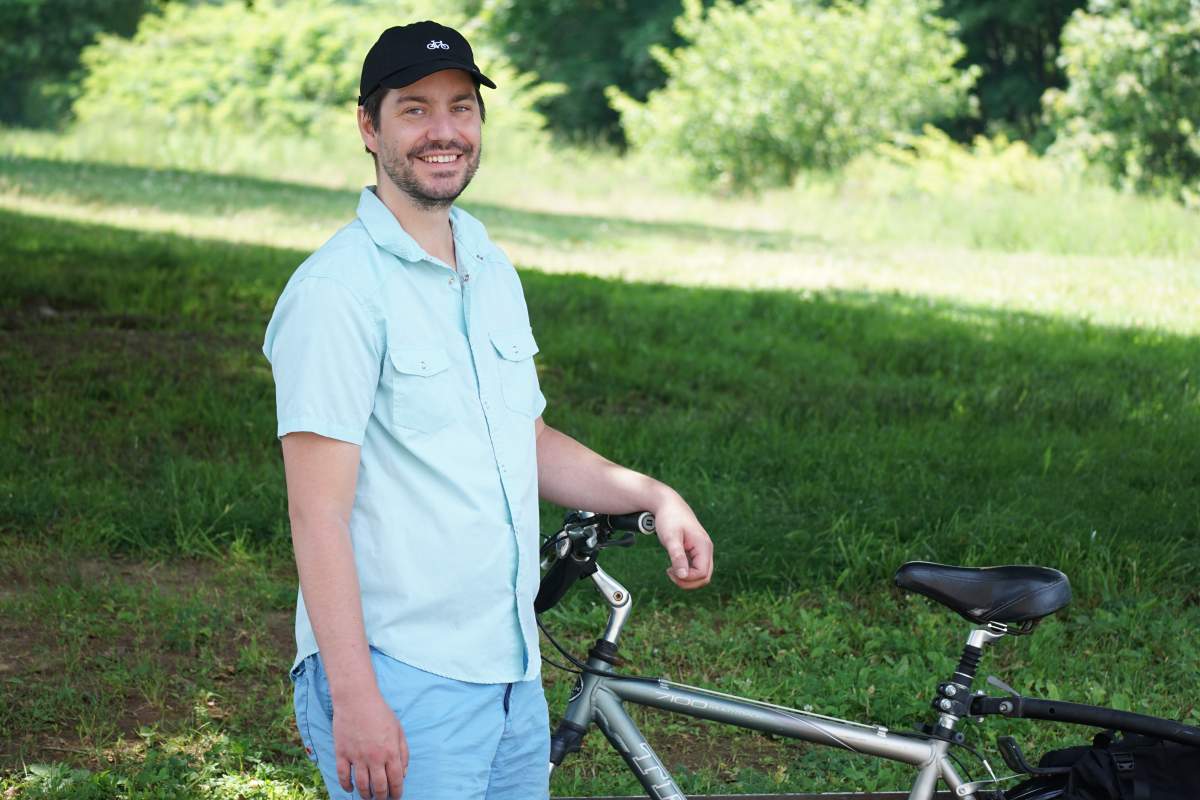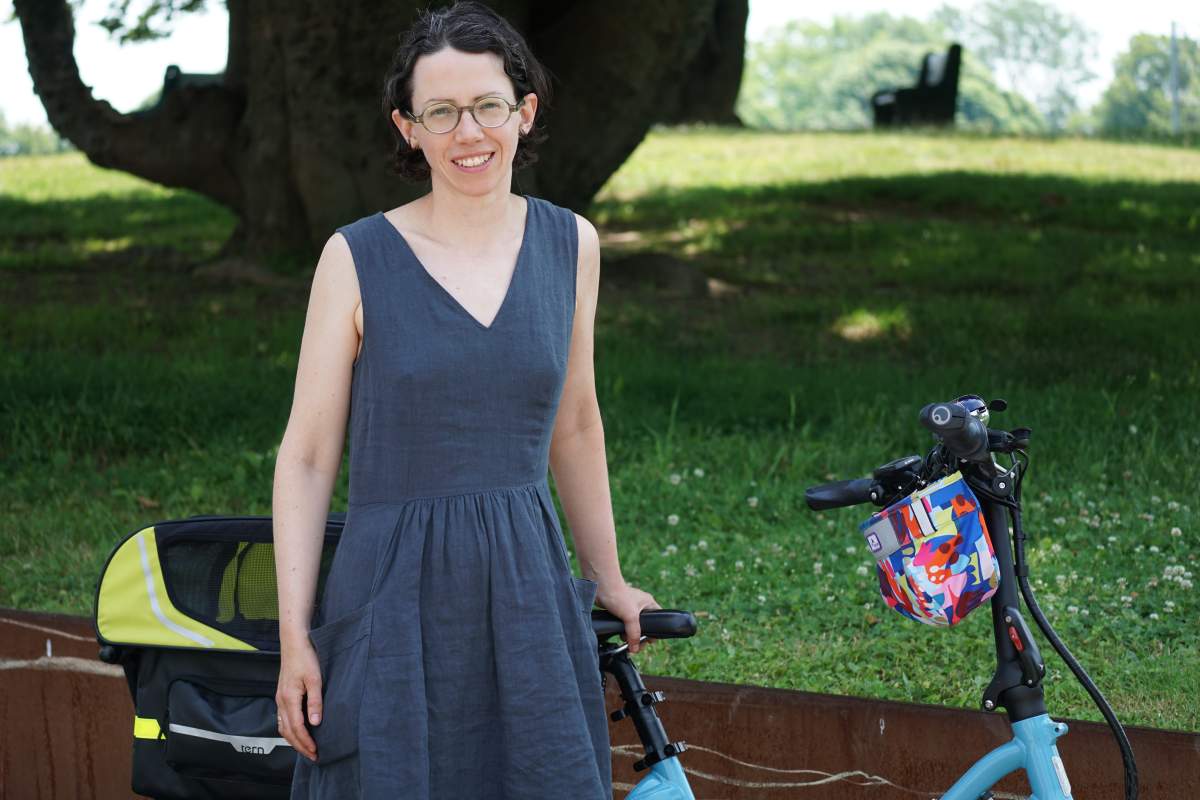Bike bells pierced the hot summer air as hundreds of cyclists temporarily reclaimed Halifax streets on Wednesday evening, with calls for safety at the forefront.

“We need better cycling infrastructure and I know one of the best ways to get the city to move on things is to show up as a crowd, to be seen in numbers,” said Steve MacKay, who took part in the event.
Last Saturday, Rob Klue was riding his bike to work along Purcell’s Cove Road when he was hit by a car and seriously injured.

Get daily National news
Since then, the cycling community has rallied together to raise funds for his recovery, culminating in the critical mass ride.
“It was hundreds of people,” said Jillian Banfield, who is known as the “bicycle mayor” of Halifax, as part of the Bicycle Mayor & Leaders Network.
“We have the evidence right in front of us that there are tons of people wanting to ride bikes in Halifax — also, just a lot of despair because these people don’t feel safe riding in Halifax, most of the time, on our streets, and it shouldn’t be that way.”
In 2016, an HRM survey found a significant number of Halifax residents wanted to bike more often, but didn’t feel safe doing so unless there was infrastructure such as protected bike lanes. That infrastructure would create more of a separation from vehicles.
Since then, the municipality set out to build a roughly 57-kilometre network of connected bike paths in the regional centre.
The initial goal was to finish it by 2022. Now the full network is expected to be complete sometime after 2024.
“I know things take time, I know they take money. We have the money, we have the plans, we’ve had them for years. There’s not a sense of urgency,” Banfield said.
With the environment and health and wellness in mind, the critical bike mass participants said the overall goal is to have more people feel safe riding their bikes around the city.
“It shows that the cycling community doesn’t feel entirely safe on the roads in Halifax,” MacKay said.
“It’s a widespread feeling throughout the community and I hope that they get the message that we want safer infrastructure.”











Comments
Want to discuss? Please read our Commenting Policy first.